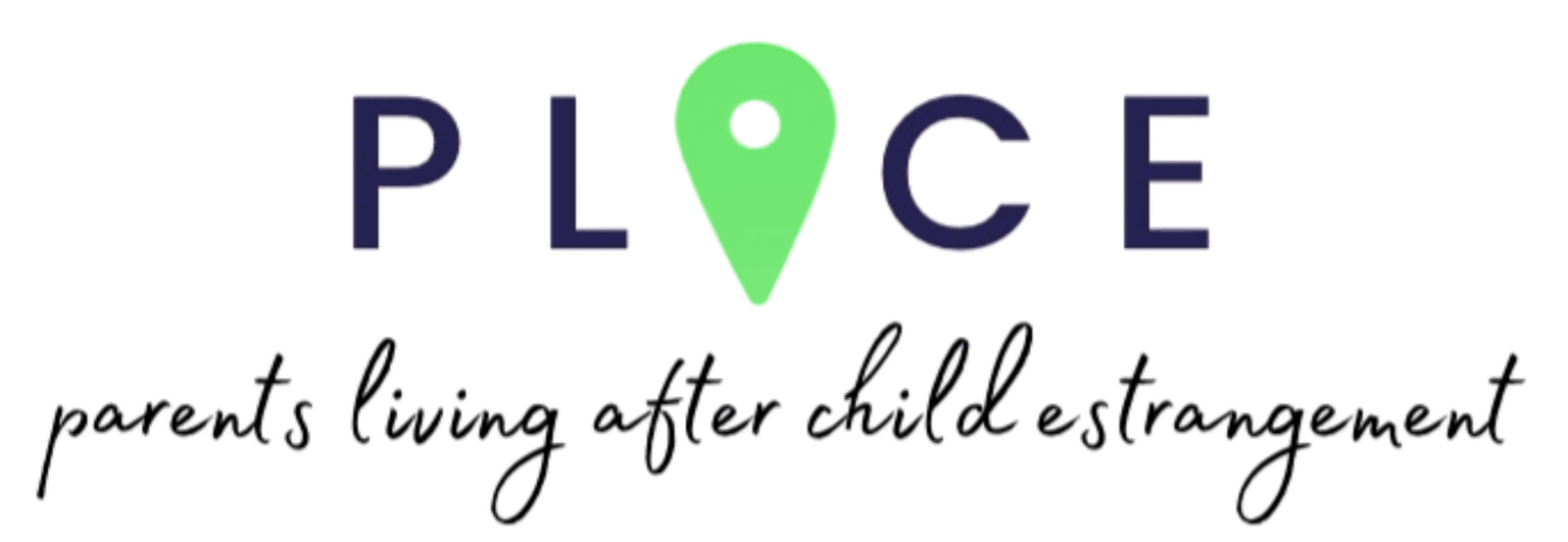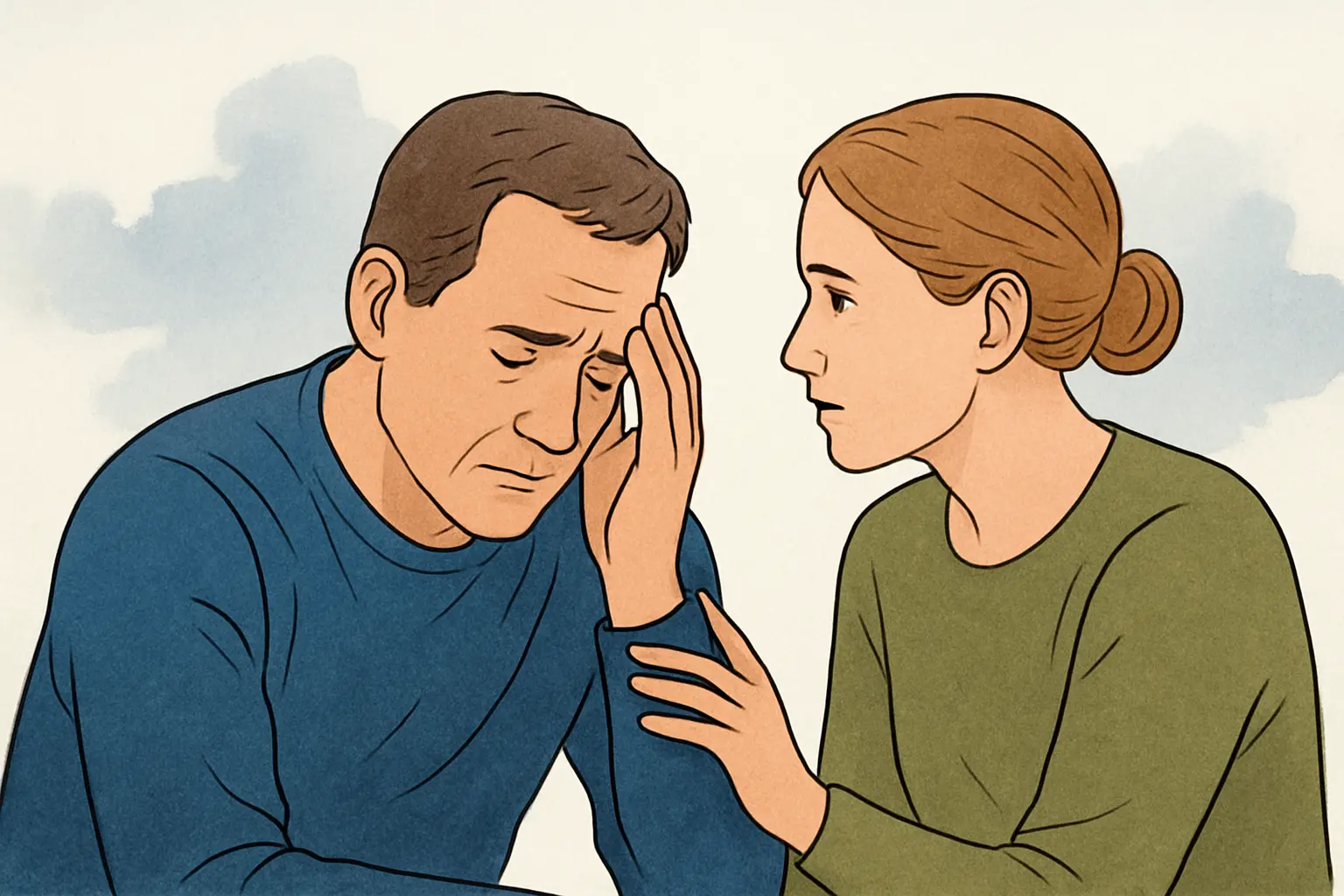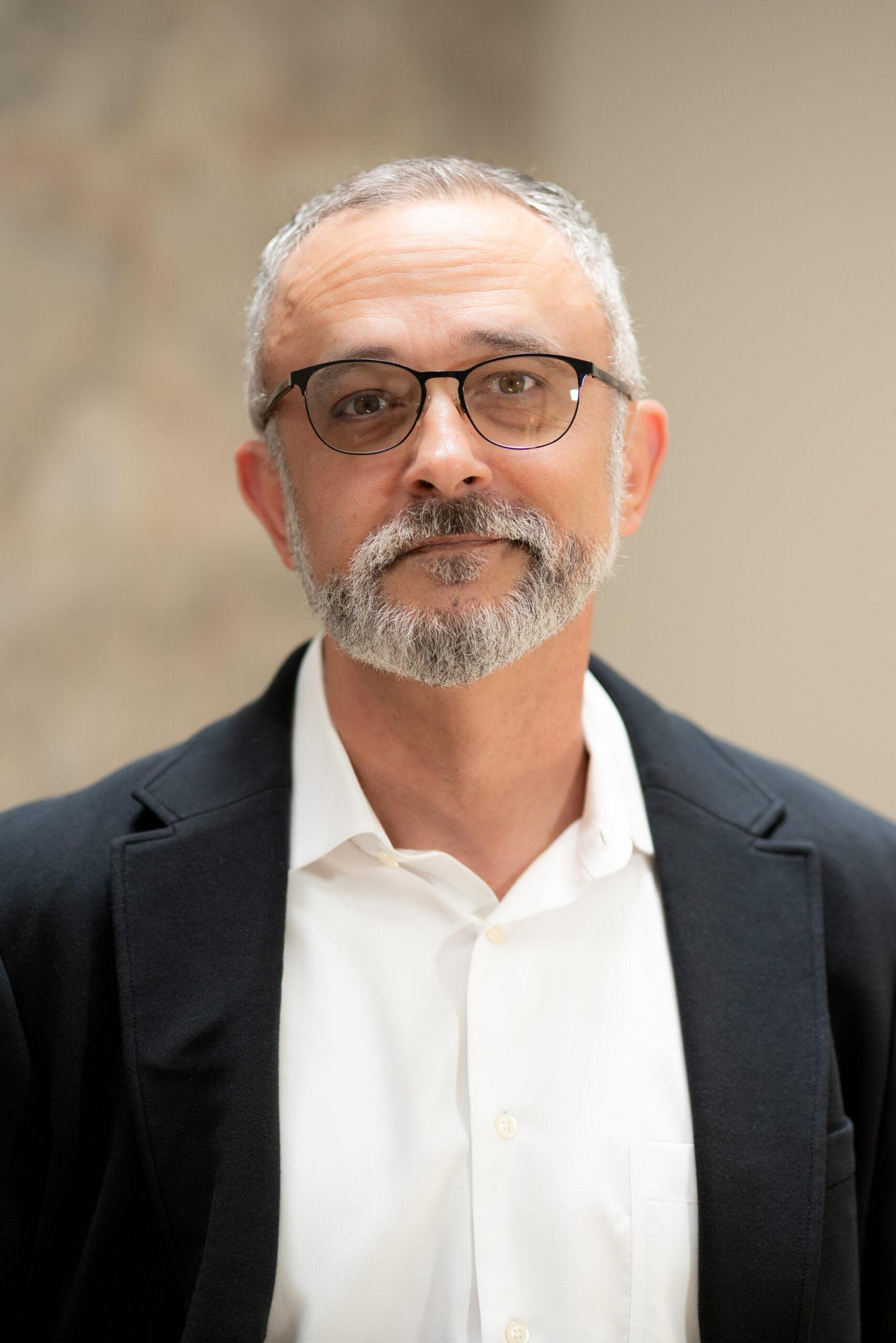My wife, Renee, found a fascinating Netflix series called You Can’t Ask That. Produced in Australia, each episode features members of a marginalized group answering pointed questions. Little people, Muslims, survivors of suicide attempts and more speak candidly about their experiences.
I was particularly touched by an episode on people who are terminally ill.
Before I go on, I want to lend an opinion regarding the ambiguous grief we estranged parents experience. If you’re tempted to compare this loss to others’ losses via death, divorce, job layoffs, etc, it runs the risk of doing a disservice to all involved.
I work in a field that sometimes assigns an objective score (“How severe is this client’s distress on a 0-4 scale?” for example) to a subjective experience (depression, anxiety, addiction, etc). I did a trauma assessment yesterday, in fact, and when I’ve completed the scoring, I will first ask the client if they feel the conclusion is accurate.
[Spoiler alert: Once in a while they say no.]
Even as I do this work, I’m aware that there is at least some element of folly when objectively describing a subjective experience.
So yes, maybe your distress at estrangement from your child is worse than anything you’ve experienced. For me, it has been harder than losing my father. However, try as we may, we cannot inhabit the hearts and minds of others. I cannot in good faith claim that my grief is bigger than yours. It’s an approach that withers under scrutiny, and risks offending grieving people on either side of the discussion.
One facet of this point is to clarify that I’m not attempting to compare the emotional distress of estranged parents and terminally ill people.
I was struck, however, by the commonalities in our experiences, particularly when it comes to interacting with people who wish to support us.
Here are some quotes from the episode, when asked, “What should people say when they hear the news?”
“Gee, I don’t know what people should say.”
“People shouldn’t say anything. They shouldn’t be obliged to say anything at all.”
“Well obviously they just immediately say ‘I’m so sorry. How sad.’ And then I think they’re lost for words.”
“When I found out the news myself, one of my biggest concerns was having to deal with all the people who are trying to trying to offer solace and support, but I end up offering support and solace to them.”
“In many ways, I actually have to support the person I’m telling because they’re the ones that are finding out the information for the first time.”
“And it becomes quite bloody taxing, you know.” [laughs]
“I mean, pity is the thing you fear the most in people.”
One young fellow noted that he’d adopted the practice of reminding himself that no matter what others said to him, they were hoping that their attempts to lend support were helpful.
The emerging consensus as the show continued was that they merely wanted kindness, inclusion, and connection.
Isn’t that all we’re asking for?








